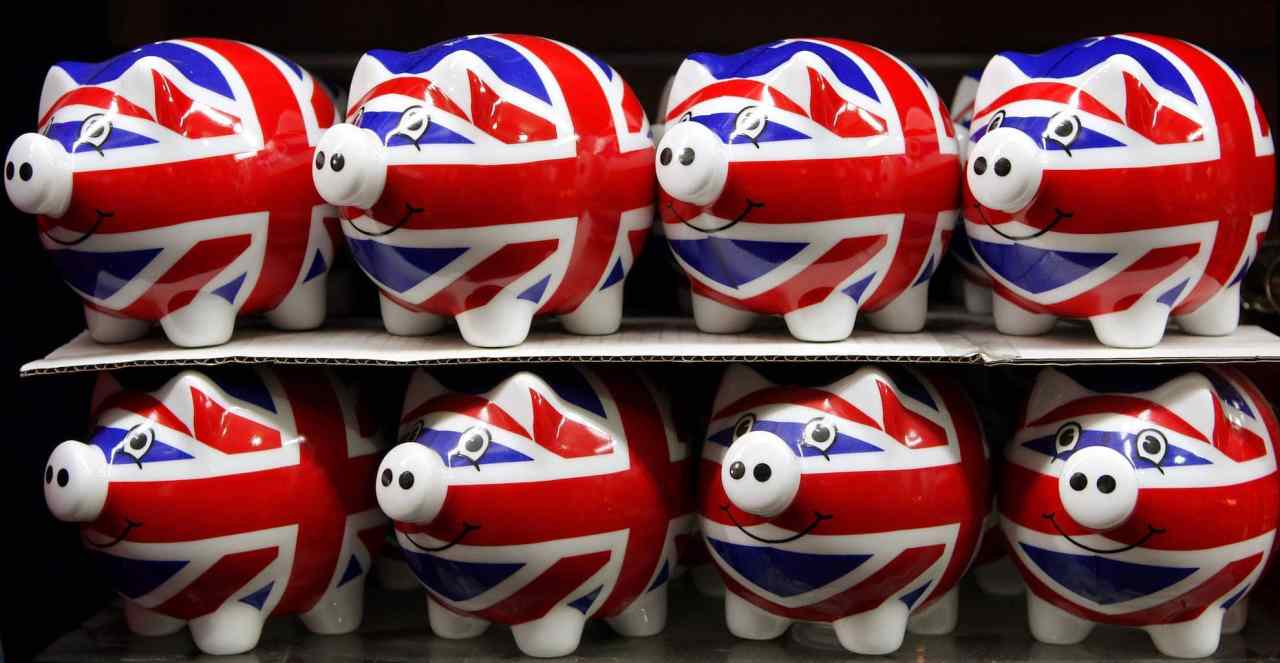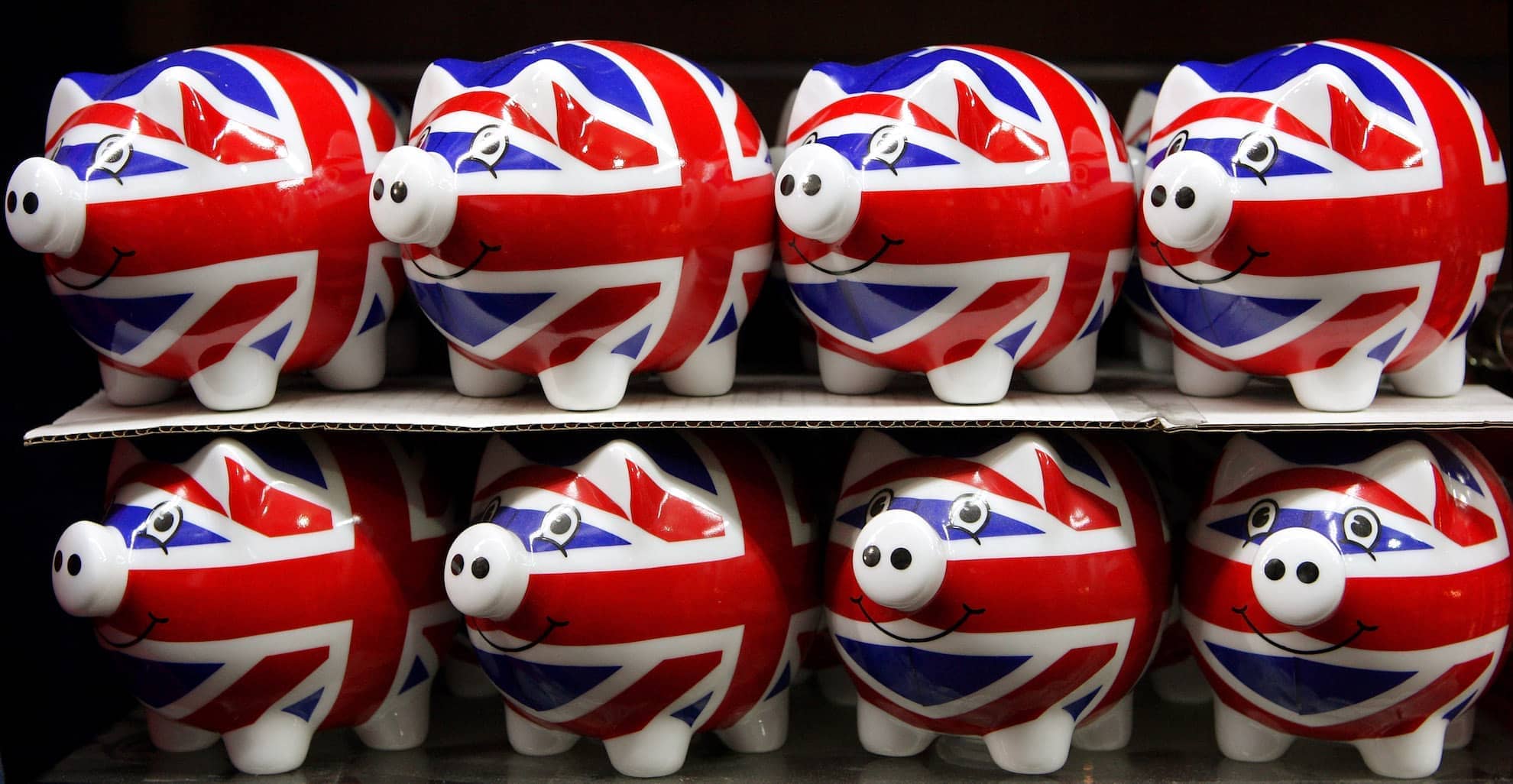One of Liz Truss’s suggestions on the leadership campaign trail was that her economic agenda could avoid recession. But one of the (many) gambles attached to these comments was what had already happened to the economy before she entered No. 10.
This morning we got some more insight about how the economy fared over the summer, as the Office for National Statistics revealed that GDP grew by 0.2 per cent in July: a small uptick, following a 0.6 per cent contraction in June.
The small, but still positive, growth was mostly a result of a boost to services industries, which fell by 0.5 per cent in June, with the largest contributing sectors including computer programming, consultancy and telecommunications. But looking at a slightly broader picture, July’s small increase in economic output still sees GDP ‘flat in the three months to July compared with the previous three months’ – roughly in line with the Bank of England’s latest forecast for growth, which doesn’t just show GDP stagnant for the coming months, but for the next several years.
The next few months of data – which will determine if the UK has formally experienced a recession or continues to teeter on the cusp of one – will include a range of factors difficult to predict. This includes the uncertainty consumers faced in August over what would happen with their energy bills; the addition of a bank holiday in September for the late Queen’s funeral; the impact of the government’s biggest handout in peacetime coming into effect this autumn; and the continuing battle to secure gas supplies in Europe this winter.
But for now, monthly GDP sits just 1.1 per cent above its pre-Covid levels: a reminder that promises of a great economic boom after the pandemic fizzled out before it really even arrived. There’s still a long way to go if we are to make up for years of lost growth and prosperity.








Comments